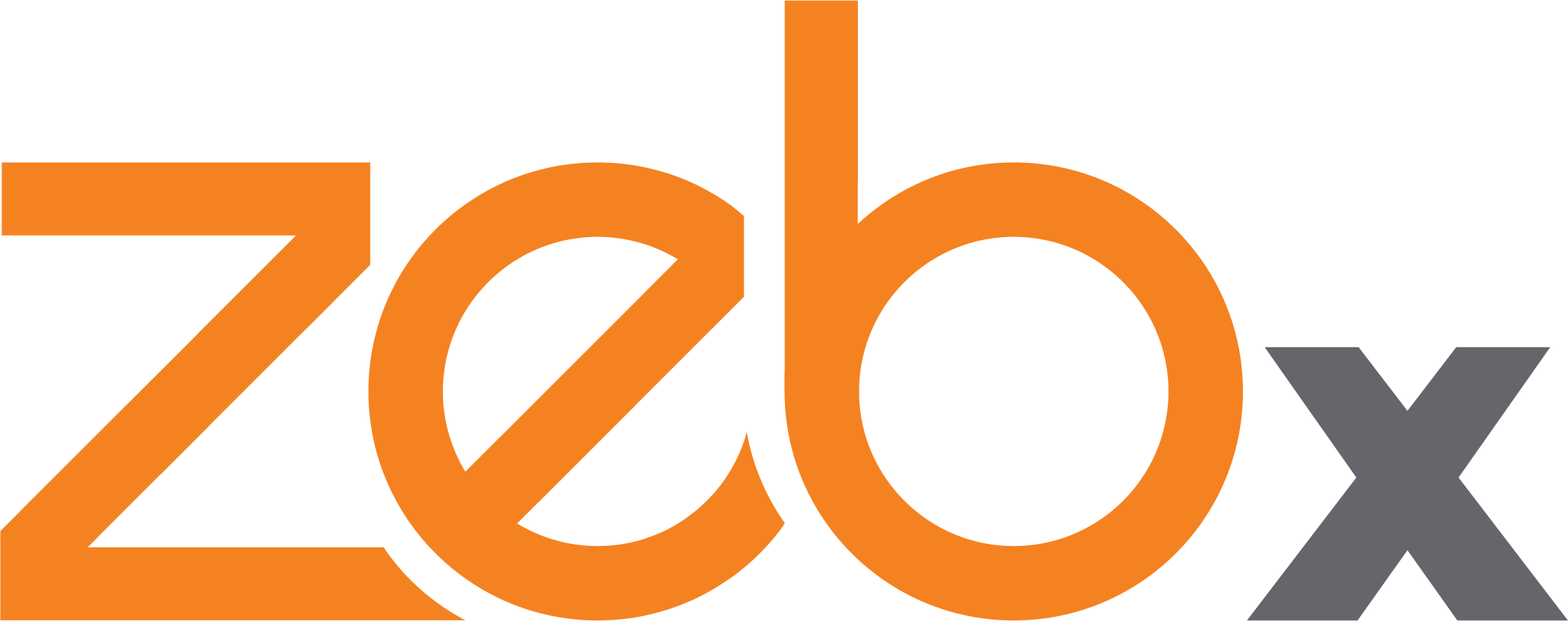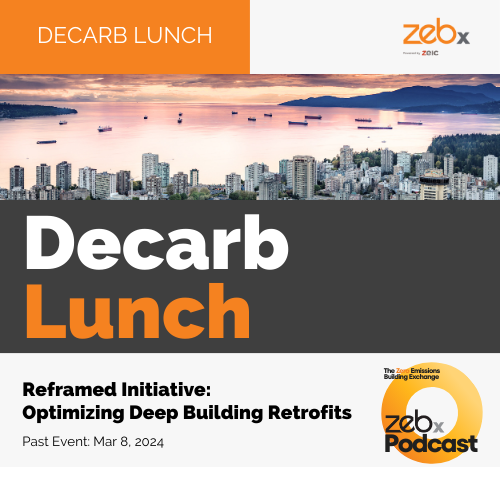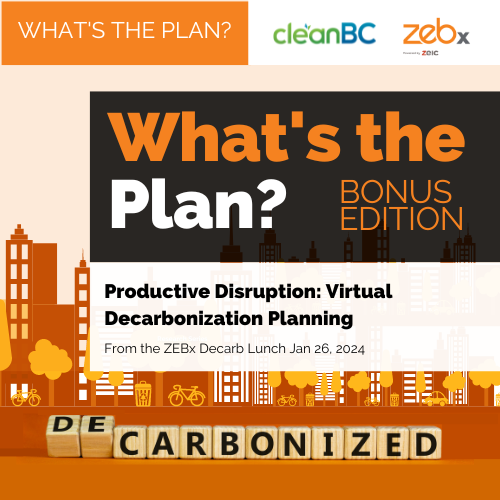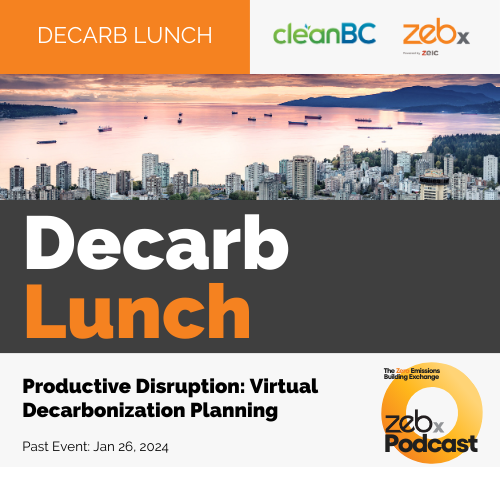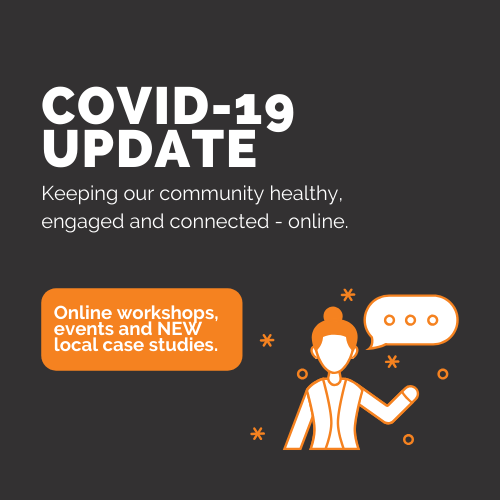
Adjusting Your Work for COVID-19: Webinar
April 14, 2020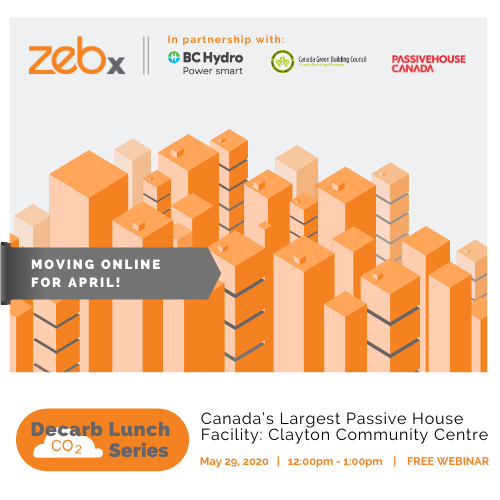
Apr 2020 Decarb Lunch: Deep Energy Retrofits in Existing Buildings: 1177 West Hastings
April 29, 2020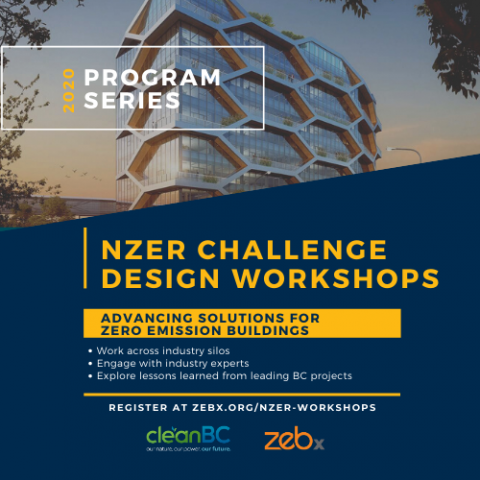
Understanding Embodied Carbon
Past Event: April 16, 2020 @ 9:00 am – 11:00 am
Overview
For this critical decade of climate action, Canada must work collectively to lower carbon emissions in order to meet the country’s global commitments. The building industry is responsible for 17 per cent of all GHG emissions – but that number can be as high as 30 per cent if one accounts for embodied carbon from construction materials and processes. The webinar will introduce the latest industry facts on embodied carbon, explore emerging material strategies and technologies for reductions, and begin to assess how industry can mitigate embodied carbon through the design process.
Presentations will feature the newly launched version two of Zero Carbon Building Standard which introduces greater flexibility to support the goal of transforming all buildings to zero carbon while ensuring higher performance by raising the bar on key metrics, including embodied carbon, energy efficiency, and innovation. Experts from the Embodied Carbon Network (ECN) Vancouver will discuss the integration of key metrics and processes on embodied carbon into the design process, as well as the latest solutions, challenges and future work to advance this topic. Through a collaboration with ZEBx and CleanBC, highlights from BC’s NZER Challenge winning projects will be showcased and position these trending topics within local context.
This event was in partnership with Canada Green Building Council (CaGBC), ECN Vancouver and ZEBx.
Agenda
9:00am – Welcome from ZEBx, Integral, CaGBC, and sponsors
9:15am – Interactive participant activity
9:20am – Overview of design strategies for embodied carbon
9:30am – Zero Carbon Building Standard V2: embodied carbo
9:50am – Q&A
10:00am – Break
10:05am – Interactive participant activity
10:15am – Deep dives on challenges in embodied carbon
11:00am – Q&A
11:15am – Interactive participant activity
11:30am – Webinar ends
Speakers
Anthony Pak, Principal – Priopta; Founder – ECN Vancouver
Fin MacDonald, Manager, Zero Carbon Building Program – Canada Green Building Council
Mark Porter, National Practice Leader, Building Services – Associated Engineering
Kathy Wardle, Associate Principal – Perkins&Will
About the CleanBC NZER Challenge Workshop Series
The “CleanBC Net-Zero Energy Ready Challenge: Workshop Series” consists of six unique workshops over nine deliveries that will run throughout 2020 with the objective to more rapidly advance solutions for zero emission buildings. Through the lens of BC’s most recently celebrated projects that are achieving the highest levels of the BC Energy Step Code and beyond (including Passive House, Canada Green Building Council’s (CaGBC) Zero Carbon Building Standard, LEED, and City of Vancouver Rezoning), participants will work with leading experts across industry silos to identify and advance emerging solutions as well as identify key barriers for scaling adoption. Visit zebx.org/nzer-workshops for more information. See the full series program here!
About the CaGBC Innovation Series
The Innovation Series encourages education and dialogue around leading-edge solutions to the green building industry’s biggest challenges in creating high-performance and resilient buildings, communities and cities of the future. The content is aimed at green building leaders who are interested in taking advantage of the many opportunities created by the emerging low-carbon economy.
About ECN Vancouver
ECN (Embodied Carbon Network) Vancouver organizes local events that empower industry professionals to champion the topic of embodied carbon on their projects and within their firms. Our aim is to build up local industry capacity to address embodied carbon by connecting local professionals, sharing best practices, and tackling topics/initiatives that enabled us to reduce embodied carbon at scale.

